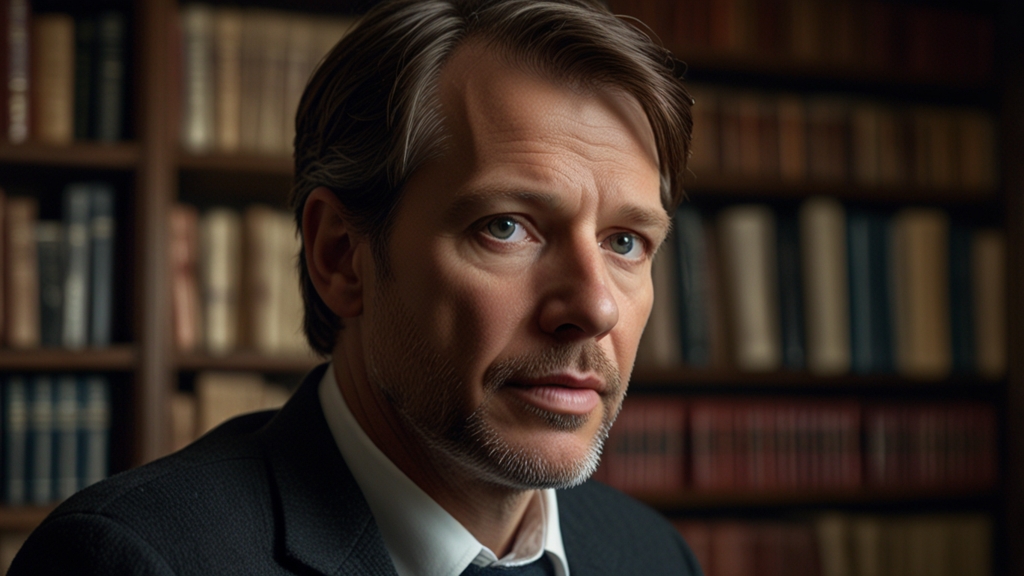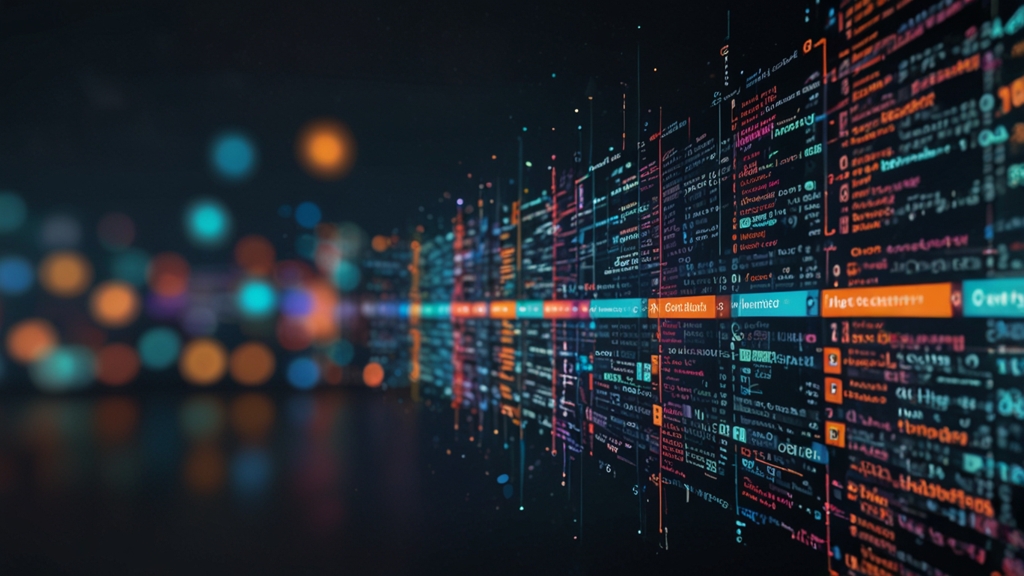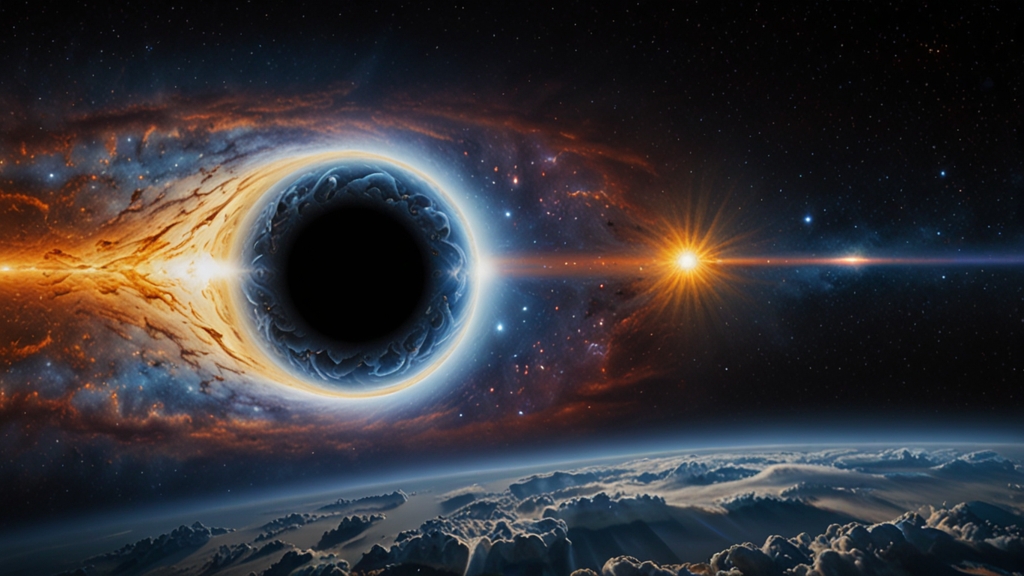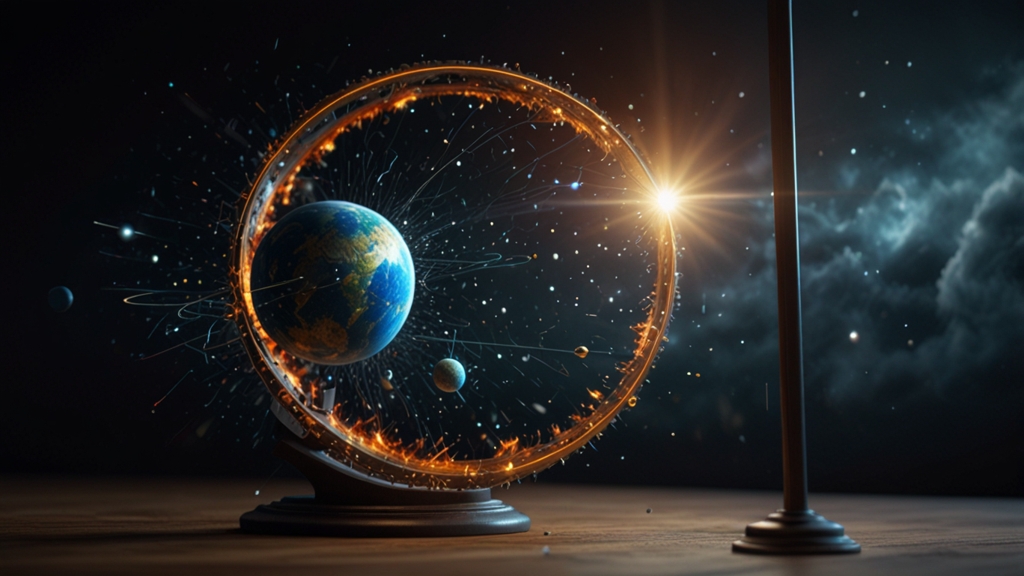Are We Truly Knowledgeable? The Epistemological Dilemma
The pursuit of knowledge has been a fundamental part of human existence since time immemorial. From the ancient philosophers of Greece to the modern-day scientists, the quest to understand the universe and our place within it has driven countless endeavors. Yet, an essential question remains: are we truly knowledgeable, or is our understanding limited by insurmountable constraints? This is the heart of the epistemological dilemma—a philosophical inquiry into the nature, origin, and limits of human knowledge.
The Foundations of Knowledge
Epistemology, derived from the Greek words 'episteme' (knowledge) and 'logos' (study or science), is the branch of philosophy concerned with the theory of knowledge. It asks questions such as "What is knowledge?", "How is knowledge acquired?", and "What do people know?". One of the most well-known definitions of knowledge is the tripartite theory: knowledge is justified true belief. According to this theory, for someone to know something, they must believe it, it must be true, and they must have justification for believing it.
"The only true wisdom is in knowing you know nothing." – Socrates
Challenges to the Tripartite Theory
However, the tripartite theory faces several challenges. One of the most significant is the Gettier problem, which presents scenarios where individuals have justified true belief, yet we would hesitate to say they have knowledge due to the role of luck or coincidence. These problems suggest that our traditional definitions of knowledge might be flawed or incomplete.
Furthermore, philosophical skepticism raises doubts about our ability to know anything with certainty. Famous skeptics like René Descartes questioned the reliability of our senses and the certainty of any knowledge derived from them. Descartes' method of doubt led him to his famous conclusion, "Cogito, ergo sum" ("I think, therefore I am"), but it did little to resolve broader epistemological issues.
Modern Perspectives on Knowledge
In contemporary discussions, various theories have been proposed to address these concerns. Contextualism, for instance, suggests that the standards for knowing something can vary depending on the context. Another approach, called reliabilism, posits that knowledge is true belief produced by a reliable process, shifting the focus from justification to the reliability of the method used to acquire the belief.
"We know more than we can tell." – Michael Polanyi
Limits of Human Understanding
Despite these advancements, the limits of human understanding remain a significant epistemological concern. Cognitive biases, perceptual limitations, and the vast unknowns of the universe all suggest that our knowledge is likely incomplete and potentially flawed. The Dunning-Kruger effect, for example, illustrates how people with low ability at a task often overestimate their capability, highlighting a gap between perceived and actual knowledge.
Moreover, the advent of new technologies and scientific discoveries constantly reshapes our understanding of the world. What we consider true and well-justified knowledge today may be disproven or significantly altered tomorrow. This fluidity in knowledge poses a challenge to any claims of absolute certainty.
Conclusion
The epistemological dilemma encourages us to reflect on the nature and scope of our knowledge. While we have made significant strides in various fields, the deeper we delve, the more we realize that there is much we do not know—and may never know. Perhaps, as Socrates suggested, wisdom lies in recognizing the limitations of our knowledge and remaining open to continuous learning and growth.
In the end, the question "Are we truly knowledgeable?" may not have a definitive answer. However, the pursuit of this question drives the quest for deeper understanding and pushes the boundaries of human knowledge ever farther.









